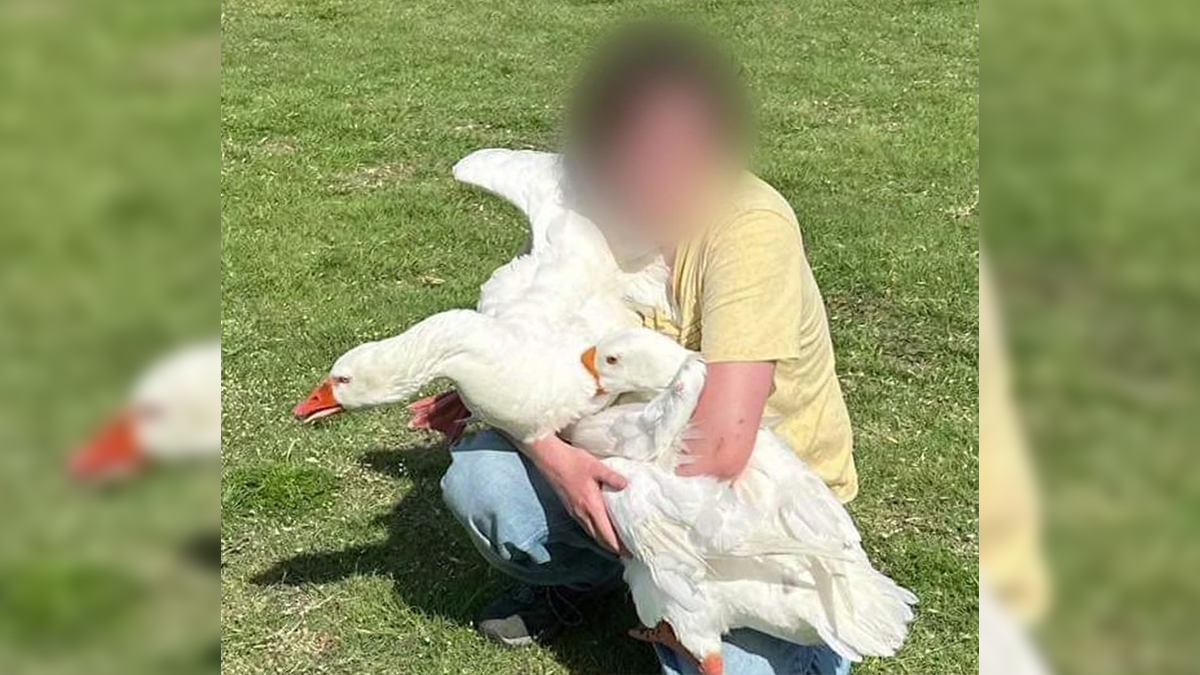The city of Dallas confirmed Monday that one person has died after contracting West Nile virus and now plans to spray two areas that have tested positive for the potentially deadly disease.
In a news conference, city officials announced the man was in his 60s and lived in the 75204 zip code near East Dallas.
Dallas officials said areas of Oak Cliff, West and North Dallas are scheduled for mosquito control spraying on Wednesday night into Thursday morning between 10 p.m. and 3 a.m. weather permitting.
An area in South Oak Cliff area bounded by Louisiana Avenue on the north, RL Thornton Freeway on the west, McVey Avenue on the south and South Denley Avenue on the east will be sprayed, as well as a North Dallas area bounded on the north by Royal Lane, on the west by Dallas North Tollway, bounded by Park Lane on the south and Hillcrest Road on the east.
Officials said they are fearful of another severe outbreak such as the one in 2006, when 104 people in Dallas County were infected and four died from the virus.
So far this summer, there have been 16 human cases of West Nile virus in Dallas County. In Dallas, 42 mosquito pools have tested positive for the disease.
- CLICK HERE to see Dallas County's July 13, 2012 West Nile Update
- CLICK HERE for Dallas County West Nile 2012 Information
While the insecticide is considered safe, residents in the above areas should avoid contact with the spray by staying indoors. People who come in contact with the spray are advised to wash the affected area thoroughly with soap and water.
Local
The latest news from around North Texas.
To report standing water or mosquito problems Dallas residents should call 311. For additional information on Mosquito Control, visit www.dallascityhall.com.
Richardson said on Monday that it had a second human case of West Nile virus. The resident lives near the intersection of West Campbell Road and North Collins Boulevard.
Richardson sprayed for mosquitoes in an area from Lookout Drive south to Arapaho Road and Westshore Drive/North Floyd Road east to US 75.
The city uses a chemical called Aqualuer, mixing the concentrate with water to spray a fine mist of about 6 ounces per minute.
"It's got real low toxicity, and it has the benefit of also being water soluble, so while it is effective at knocking down the population of adult mosquitoes, it's also one of the most environmentally safe option we have, too," said Bill Alsup, city director of health.
"But it's always advisable to close windows, close doors and try to stay inside and don't come into direct contact with the spray," he said.
Most people bitten by a West Nile virus-infected mosquito will not show any symptoms. Symptoms, if they appear, are fever, headache, nausea, body aches, swollen lymph nodes and skin rashes.
Fewer than 1 percent of those infected with West Nile virus experience the serious form of the illness. Serious symptoms include high fever, severe headache, neck stiffness, disorientation, tremors or convulsions, vision loss, muscle weakness and numbness or paralysis.
Both Dallas and Richardson are urging residents to:
- Drain standing water around their homes to reduce mosquito breeding grounds.
- Dress in pants and long sleeves when outside, but avoid becoming too hot.
- Apply an insect repellent that contains DEET to exposed skin and to clothing when outdoors.
- Stay indoors at dusk and dawn, when mosquitoes are most active.
NBC 5's Kevin Cokely contributed to this report.



